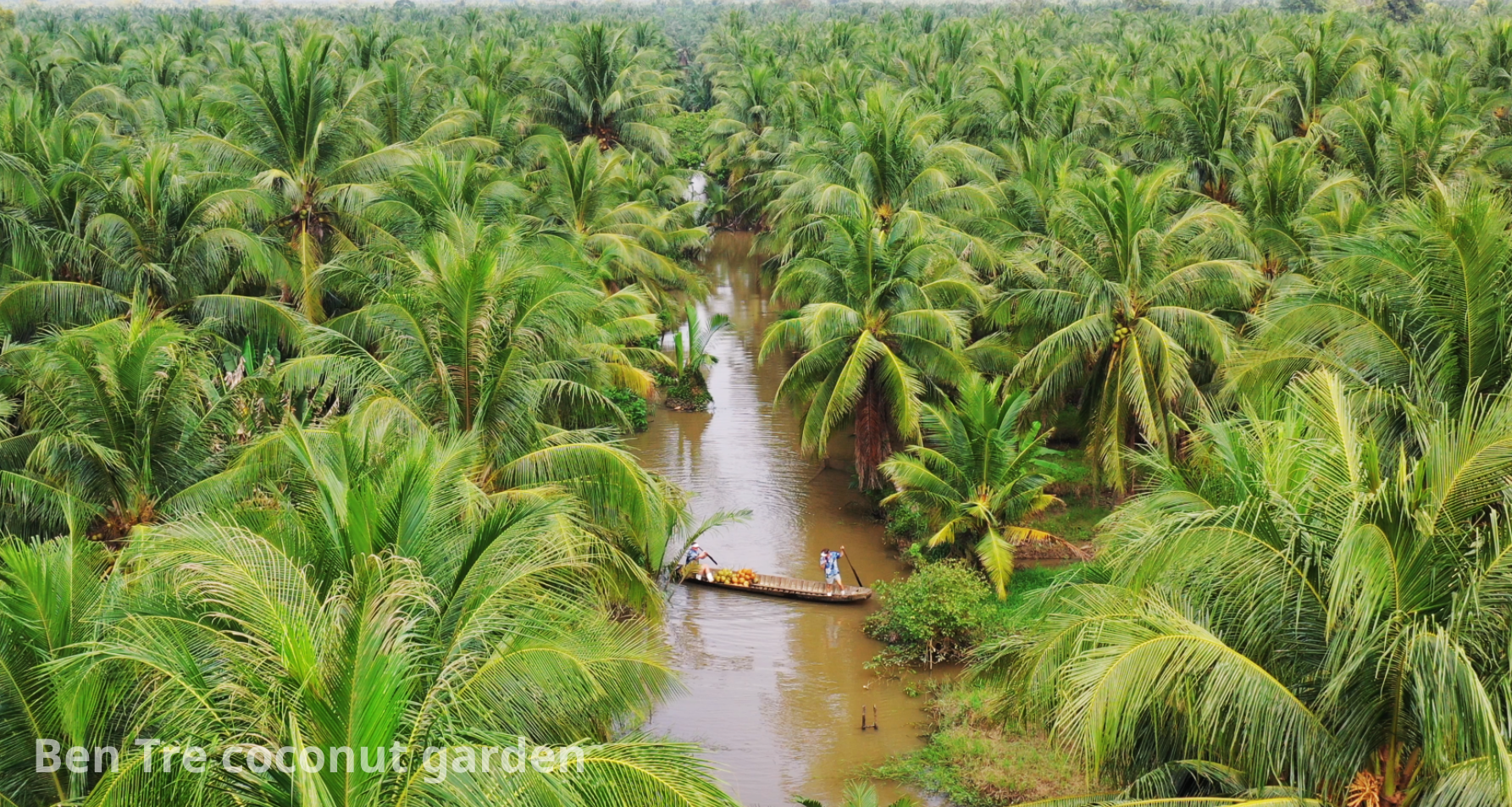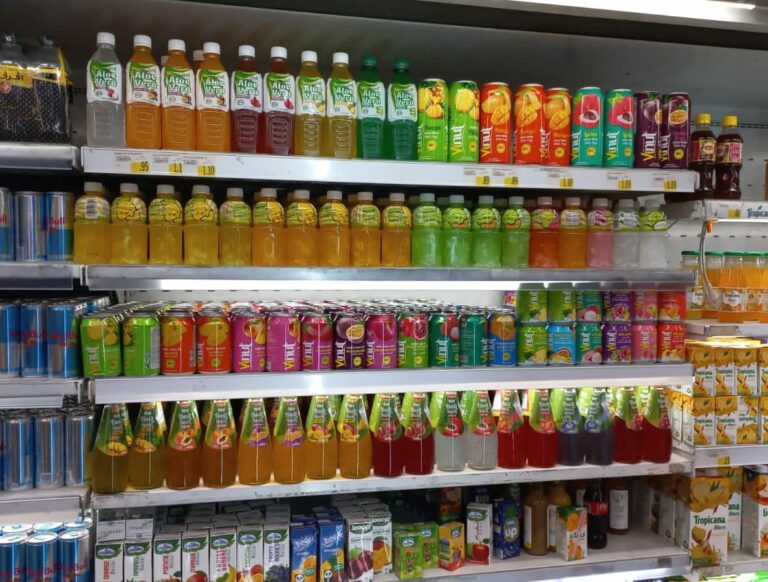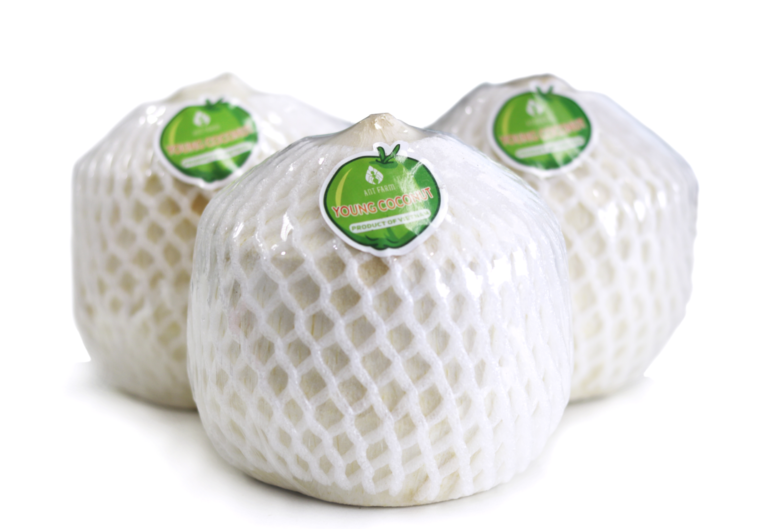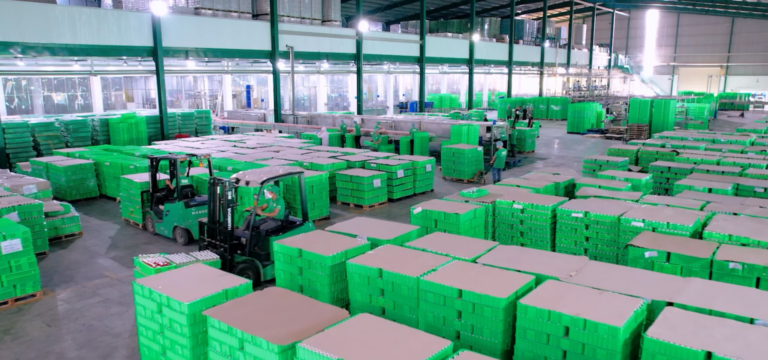Fresh Coconut Water Conquers the European Market 2025 – 2026: What Opportunities for Vietnam?

Coconut water is becoming increasingly popular in Europe due to its health benefits and consumer shift toward natural, low-calorie beverages. The European market presents great opportunities for Vietnamese coconut water exporters, especially with abundant raw materials from regions like Ben Tre and Tra Vinh. However, strict EU import standards, including certifications like Global G.A.P and BRCGS, pose challenges. Additionally, competition from major exporters like Thailand and the Philippines requires Vietnamese businesses to build brand credibility and optimize production and shipping costs. To succeed, companies must meet EU quality requirements and implement strong marketing strategies.
Coconut Water Consumption Trends in the European Market
In recent years, European consumers have been shifting toward healthier lifestyles, favoring natural and plant-based products. According to Euromonitor International (2024), the natural beverage segment in Europe grew by 12% in 2023, signaling a growing appetite for products like coconut water. This drink not only hydrates but also provides vital electrolytes, making it popular in sports nutrition, vegan cooking, and clean-eating regimes.
Coconut is also preferred by major supermarkets in Europe, which are looking to expand their offerings of fresh, unprocessed, and sustainable beverages.

Import Standards for the European Market
To enter the European coconut market, coconut water products must meet strict quality standards and labeling regulations. According to the European Commission (2023), all imported products into the European Union must comply with quality certification requirements.
To minimize health and environmental risks, the EU has established Maximum Residue Levels (MRL) for pesticides and other contaminants, such as heavy metals, in food products. Any product exceeding the MRL threshold (0.001 mg/kg) will be removed from the market.
Common certifications for fresh coconuts include Global G.A.P, BRCGS (British Retail Consortium Global Standard), IFS (International Featured Standard), or other HACCP-based food safety management systems for packaging and processing facilities. Certification schemes recognized by the GFSI (Global Food Safety Initiative) are highly recommended.

This shows that entering the European coconut water market is not an easy task. The stringent import standards and high quality requirements are significant challenges for foreign businesses. A report from the FAO (2022) indicates that major coconut water-exporting countries like Thailand and the Philippines currently dominate this market due to strong marketing strategies, extensive distribution networks, and a large volume of certified products. This creates intense competition for Vietnamese coconut water products.
Vietnamese coconut water brands have yet to establish a strong foothold in the European market, requiring Vietnamese businesses to find ways to build credibility and brand recognition.
What Opportunities Lie Ahead for Vietnamese Businesses in 2025 - 2026?
According to the report from the Vietnam Ministry of Industry and Trade's Department of Import-Export (2023), Vietnam is one of the largest coconut producers in the world, with coconut-growing regions such as Ben Tre and Tra Vinh providing abundant raw material. Vietnamese coconut is distinguished by its high natural quality, with coconut water offering a naturally sweet and delicious taste, which is very appealing to European consumers.
The European Union (EU) coconut import trends to 2026 show steady growth, mainly due to the increasing demand for coconut products such as coconut water and desiccated coconut. The European consumer interest in natural and healthy products is driving the growth of this market.
The European coconut market is expected to grow at a compound annual growth rate (CAGR) of around 16.4% during 2020-2026, driven by the growing awareness of the nutritional benefits of coconut and the trend towards consuming plant-based beverages.
Additionally, Vietnam's production and shipping costs can be optimized compared to larger competitors in the industry, enabling Vietnamese businesses to compete on price. This opens up opportunities in 2026 for Vietnamese businesses to develop high-quality coconut water products that meet the demands of the European market at reasonable costs. Some companies in Vietnam, such as Nam Viet (VINUT), CocoSmile, and Cocogo, have already established their reputation in international markets by exporting coconut water to Europe, which is a very encouraging sign.

Nam Viet – A Pioneer in Sustainable Export to Europe
Nam Viet has established itself as one of the leading enterprises in exporting fresh coconut water, meeting the stringent standards of the European market. With a commitment to delivering high-quality, safe, and sustainable products, Nam Viet continuously innovates and expands its product portfolio to align with modern consumer trends.
Currently, Nam Viet offers a diverse range of coconut-based products, including Vinut Coconut Water, available in natural fruit flavors such as mango, calamansi, and watermelon. Additionally, other product lines such as Vinut Coconut Milk, Bottle Coconut Smoothie, and Vinut Coconut Sparkling Water provide consumers with even more choices. With a strong focus on sustainable development, Nam Viet is set to become one of Vietnam’s key exporters of fresh coconut water to the European market in the future.
The Solution for Vietnam’s Coconut Export Business
With the advantage of a natural coconut water supply and competitive production costs, Vietnamese businesses can take advantage of the opportunities in the European coconut water market. However, to succeed, companies need to understand consumer trends, fully comply with import standards, and develop effective marketing strategies.
To learn more about potential coconut water products from Vietnam, please refer to our export product catalog HERE.
